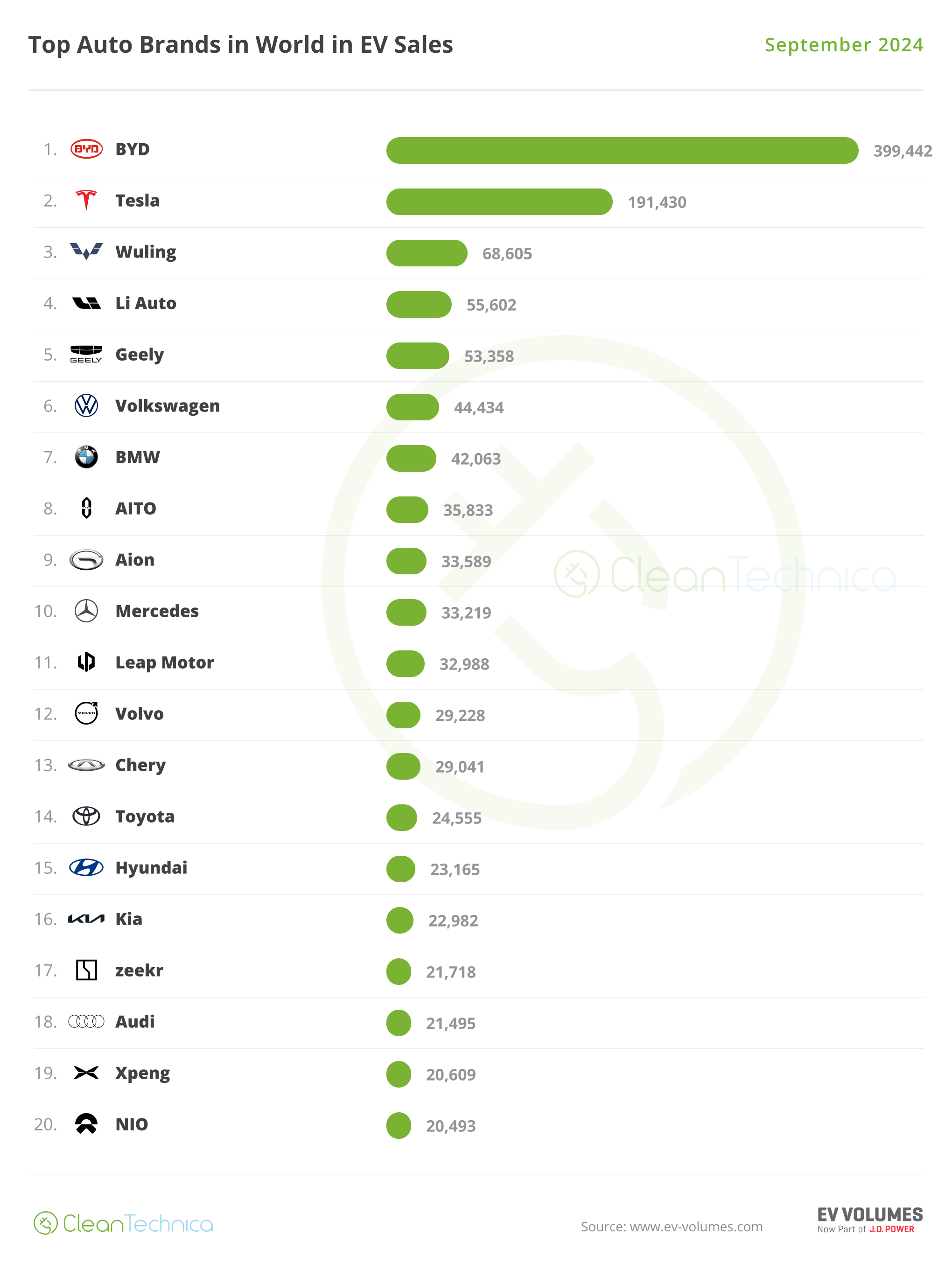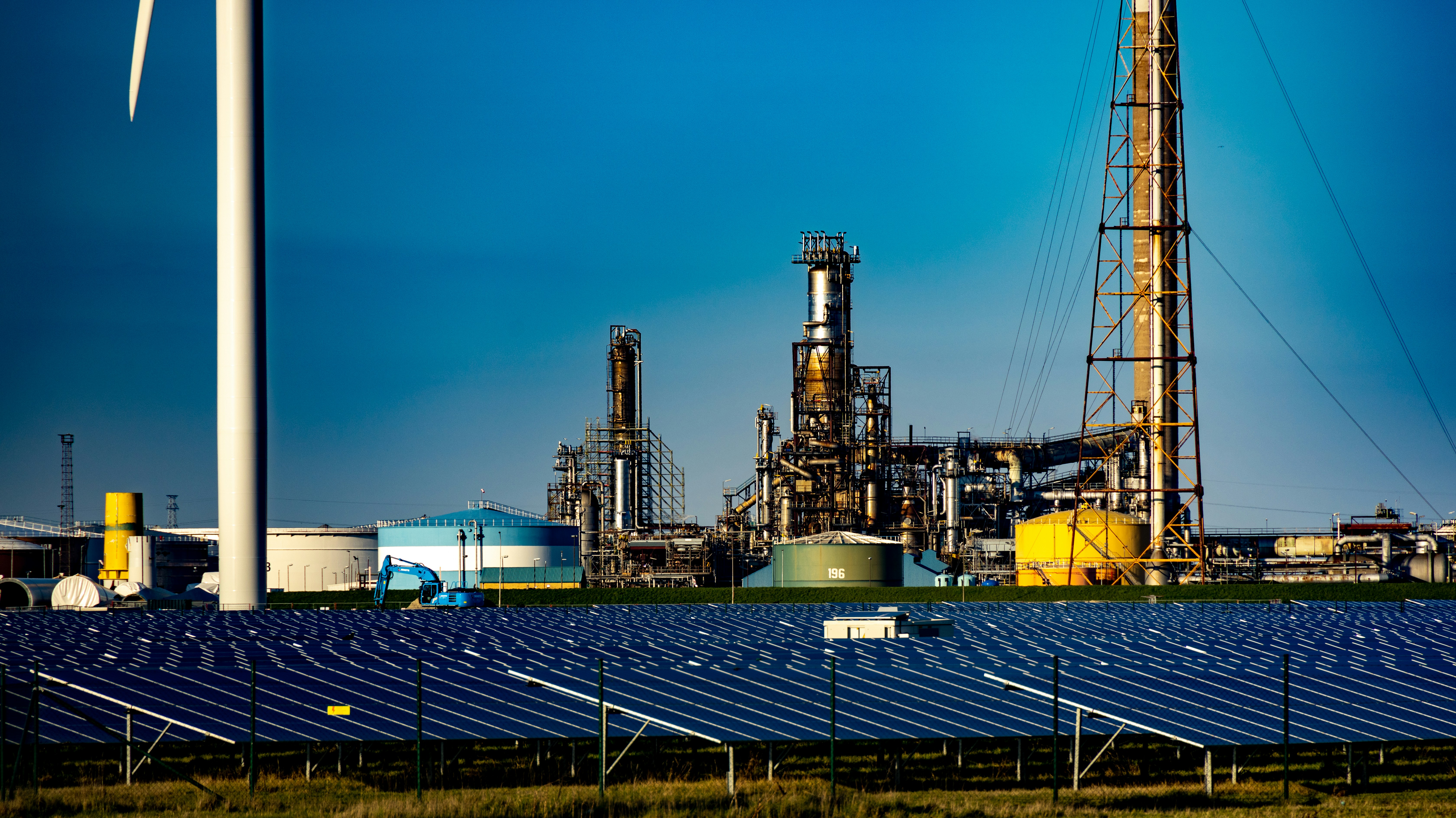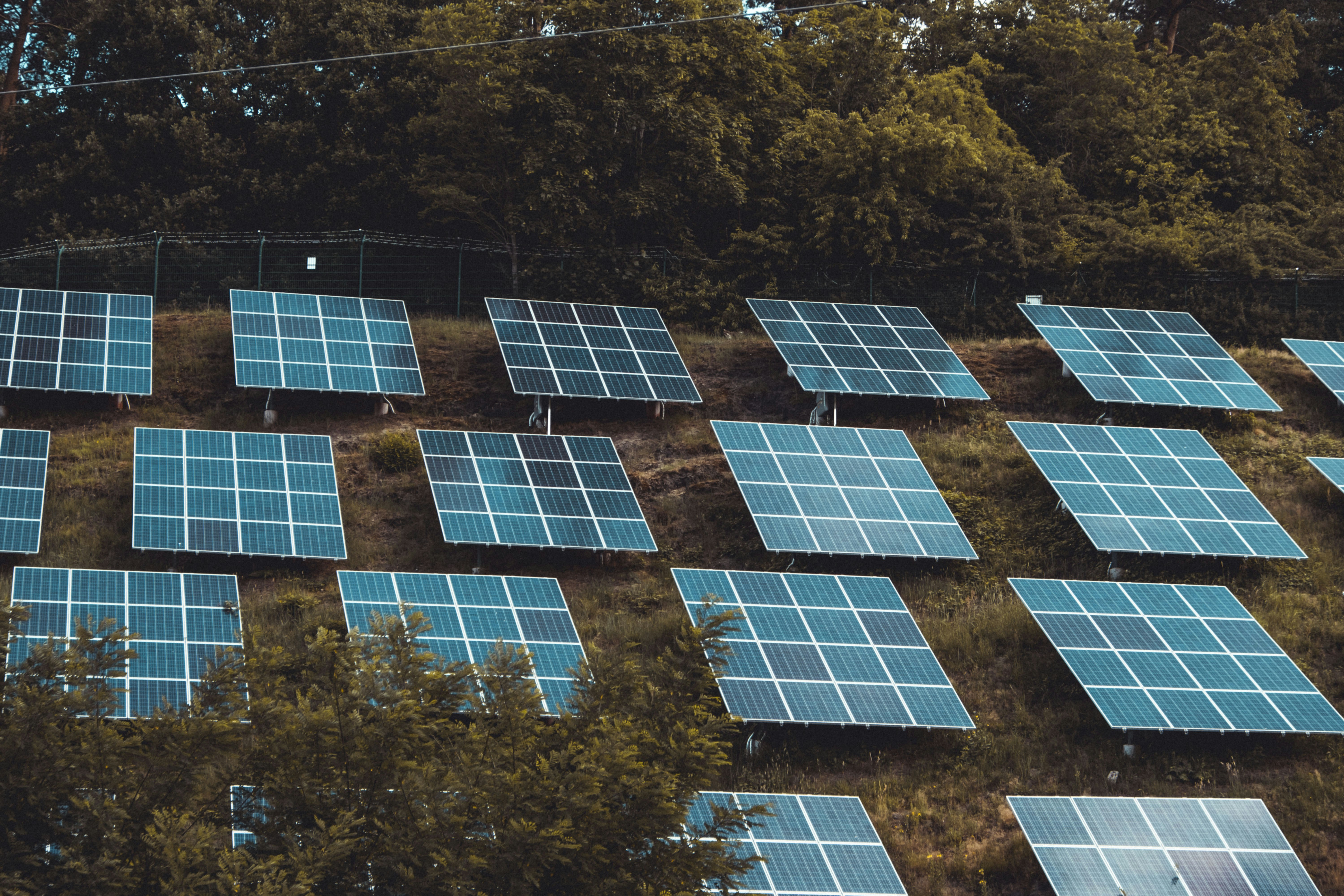Join every day information updates from CleanTechnica on e mail. Or comply with us on Google Information!
The warning indicators appeared final yr when Shell scrapped its plans to construct 48 hydrogen refueling stations for mild obligation automobiles in California. The corporate was in line for over $40 million in state incentives to put in these fueling stations, however even that was not sufficient to maneuver the mission ahead. In September, Shell closed three of its 5 hydrogen stations within the state.
“We will verify that Shell has discontinued its plan to construct and function further light-duty automobile fueling stations in California,” an organization spokesperson tells Hydrogen Perception. “We’ll proceed to spend money on hydrogen in a disciplined method, with a concentrate on hard-to-abate sectors corresponding to trade and heavy obligation transport and emphasis on key areas the place now we have aggressive benefit and robust adjacencies with our current enterprise. Shell stays lively in hydrogen in California the place we function three heavy obligation stations as a part of mission ZANZEFF: Zero and Close to Zero-Emission Freight Services Shore to Retailer Challenge.”
In July, the corporate formally rejected the funding obtainable from the state of California, saying in a letter written by Abhishek Banerjee, Shell’s hydrogen industrial supervisor within the US, “Political and financial uncertainty within the preliminary phases of market deployment current a big threat in additional funding. These boundaries must be overcome with a purpose to allow future funding from Shell on this section of the market.” He additionally wrote that the mission had encountered difficulties getting permits and sourcing inexperienced hydrogen, and confronted excessive development prices.
The California-based commerce physique Hydrogen Gasoline Cell Partnership states on its web site that H2 filling stations value an “estimated” $2 million to construct, a sum that is likely to be troublesome to ever recoup, on condition that solely 17,284 gasoline cell vehicles have ever been bought or leased within the state. California’s largest H2 gasoline retailer, True Zero, operates 37 of the 53 hydrogen filling stations within the California. It lately hiked the value of hydrogen in any respect its pumps to $36 per kg, up from round $30/kg. As lately as April 2021, it was charging simply $13.14 per kg. In line with Hydrogen Perception calculations, this now means a Tesla EV is now roughly 14 instances cheaper to run than a Toyota hydrogen automobile within the state.
Shell closed three of its 5 hydrogen stations final fall, calling the closures “non permanent” however declining to say after they would possibly reopen. Hydrogen refueling stations are inclined to undergo from severe reliability points as a result of nature of liquid hydrogen, which is notoriously troublesome to deal with. Iwatani, a Japanese fuel firm that is likely one of the two largest names in American hydrogen filling stations, is presently suing Nel, the Norwegian firm that supplied the core expertise for its stations, claiming it was bamboozled by that firm.

Shell Drops The Different Shoe
Now we all know these three stations and the 2 that remained open are all being taken out of service. Shell Hydrogen will completely shut all seven of its California pumping stations instantly, the corporate confirmed this week. It is going to not function mild obligation hydrogen stations within the U.S., which represents one other blow to the struggling hydrogen automobile market in the one state the place the gasoline is broadly obtainable in any respect.
A Shell spokesman advised Hydrogen Perception on February 9, 2024, “Shell discontinued the construct out of its mild obligation hydrogen station community in California in 2023, and after non permanent closure of 5 of its seven mild obligation stations, made the choice to completely shut its mild obligation station community in California in early 2024. This was because of various market elements.” Shell will proceed to function three H2 filling stations for heavy obligation automobiles within the state.
Shell beforehand advised Hydrogen Perception in December that it might prioritize hydrogen for heavy obligation mobility, whereas investing in EV charging to decarbonize mild obligation automobiles. In 2022, Shell closed all three of its hydrogen filling stations within the UK. The corporate and its accomplice, Motive, mentioned they have been refocusing their enterprise on serving heavy obligation vehicles, which these three websites wouldn’t be capable to accommodate.
The choice to desert the California marketplace for mild obligation hydrogen fueled automobiles might additionally replicate a scarcity of demand. Whereas California was one of many few markets for hydrogen powered automobiles to develop this yr, solely 3,143 have been registered in 2023, which was lower than 1% of battery electrical vehicles bought in the identical interval, based on the latest figures from the California Vitality Fee.
The Dispute Behind The Hydrogen Fueling Station Closures
Iwatani’s American subsidiary alleges in court docket paperwork seen by Hydrogen Perception that Nel had by no means really examined its H2Stations in “real-world industrial circumstances” previous to promoting seven of them for the Californian market, structuring its contracts in order that solely the Norwegian agency would have visibility over any issues with the tools. “This scheme was designed to permit [Nel] to cover defects within the tools, management info clients obtained relating to issues that have been encountered, and use clients’ tools for area testing and R&D with out their data and at their expense,” Iwatani alleges.
Iwantani additionally claims that the H2Station management programs and software program had not been accomplished by the point its refueling factors have been put in, alleging that Nel was nonetheless writing the code whereas staff in its Denmark workplace ran tools remotely with out Iwatani’s data. “This shifted the price of area testing the H2Stations to [Iwatani] and allowed [Nel] to take them into the market earlier than they have been correctly examined or prepared for precise industrial use by clients, and lengthy earlier than the software program underlying the Management Programs and Software program was really created,” the lawsuit continues.
The Japanese firm additionally argues that the Norwegian agency had misrepresented its observe document, claiming that the tools bought to different firms “was really faulty, had disastrous efficiency data, and was stricken by fixed breakdowns and failures that induced the purchasers to incur tens of millions of {dollars} in misplaced income and different damages.” We right here at CleanTechnica should not specialists on enterprise transactions, however an off-the-cuff studying of the complaints in opposition to Nel appear to point a surprising lack of due diligence on the a part of the Japanese agency.
Gasoline Cell Automotive Homeowners Undergo
Having Shell pull the plug on its hydrogen refueling plans ought to give Toyota Mirai, Hyundai Nexo, and Honda Readability Gasoline Cell homeowners pause. The expertise has struggled to catch on, because the stations and their gasoline stay costly. Although hydrogen automobile producers often embody a considerable amount of free gasoline within the buy of a automobile, as soon as that runs out shoppers are left to purchase very costly hydrogen from stations which are usually damaged, out of gasoline, or swarmed with lengthy traces. It’s why used hydrogen vehicles are so low-cost, and why they nonetheless aren’t a very good deal.
Shell, with its many years of expertise within the fossil gasoline trade, was imagined to make driving a hydrogen powered automobile cheaper and spearhead the constructing of a sturdy fueling infrastructure. “If even a fossil large like Shell can’t justify investing in the way forward for mild obligation hydrogen infrastructure, we’re undecided who can,” says Inside EVs.
Have a tip for CleanTechnica? Wish to promote? Wish to counsel a visitor for our CleanTech Discuss podcast? Contact us right here.
Newest CleanTechnica TV Video
[embedded content]
I do not like paywalls. You do not like paywalls. Who likes paywalls? Right here at CleanTechnica, we carried out a restricted paywall for some time, but it surely at all times felt incorrect — and it was at all times robust to determine what we must always put behind there. In concept, your most unique and finest content material goes behind a paywall. However then fewer folks learn it!! So, we have determined to fully nix paywalls right here at CleanTechnica. However…
Thanks!
Commercial
CleanTechnica makes use of affiliate hyperlinks. See our coverage right here.




